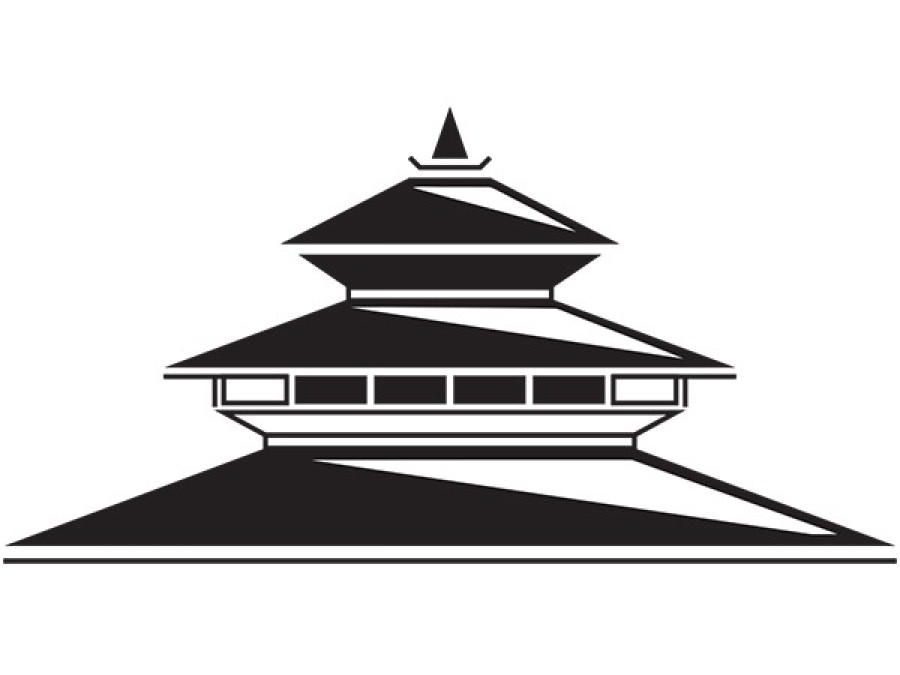Tue, Mar 3, 2026
Editorial
Citizens, not subjects
Criticising the government and expressing dissatisfaction is our right
bookmark
Published at : November 15, 2018
Updated at : November 15, 2018 07:50
The promise of the internet, particularly social media, was that it would allow people to speak. The connective power of social media has provided direct access to individual voices, enhancing their democratic input as well as that of communities. But this very nature of the social media—its ability to transmit information in real time and mobilise crowds — has stirred fears among those in authority and has fostered newer modes of surveillance and censorship. The looming fear has ultimately led to increasing restrictions around voicing dissent which have criminalised legitimate forms of expression, with our government being no exception.
A few weeks ago, the Ministry of Education, Science and Technology endorsed a policy barring all staff and teachers from criticising the government and political parties or posting comments to that effect on social media. It, however, allows them to publicise the government’s final plans and policies and encourages commenting positively on posts related to the government and the parties. On November 2, Ishwari Pokhrel, an under-secretary at the Ministry of Education, wrote a status on his Facebook wall expressing dissatisfaction on the ministries’ decision to depute 159 undersecretaries to Kathmandu Municipality. Now, the ministry secretary has asked for a clarification from Pokhrel as to why action should not be taken against him for breaching the policy directive.
While the push to muzzle online dissent from government officials themselves may be new, the state has been leveraging Section 47 of the Electronic Transaction Act to limit free speech online since 2015. The removal of the word ‘online’ from the list of protected mediums in Article 19(1) of the constitution provides the state with the authority to criminalise ‘electronic materials …which may be contrary to the public morality or decent behaviour, spread hate or jealousy against anyone, jeopardize the harmonious relations subsisting among the people of various castes and tribes’. The vaguely-worded clause has led to arbitrary arrests and unsolicited questioning of citizens who are merely exercising their democratic right to free speech. Three months ago, a man was arrested for superimposing Prime Minister KP Oli’s face on a monkey’s body. And, in another more publicised example, three years ago, a man was deported for his tweets. The government’s censorial exercise over digital dissent is seemingly only just beginning; actions such as enforcing this new directive further add to the reduction of forums for free expression in this country. Freedom of speech is one of the most cherished democratic rights.
The right to debate, dissent, discuss, and receive unrestricted access to information and the opinions of others are vital for the health of a democracy. Citizens have the right to criticise the government and express dissatisfaction. Lest they are limited to do so, citizens will be mere subjects.
Most Read from Editorial
Editor's Picks
Five and half decades of KP Oli in Nepali politics
How Facebook’s algorithm is amplifying one party over all others
Nepal’s IT exports near $1 billion. Can the momentum be sustained?
Parties’ lofty pledges on economy collide with hard realities
Upper house passes tourism bill with tougher Everest rules
E-PAPER | March 03, 2026
×




 9.89°C Kathmandu
9.89°C Kathmandu














